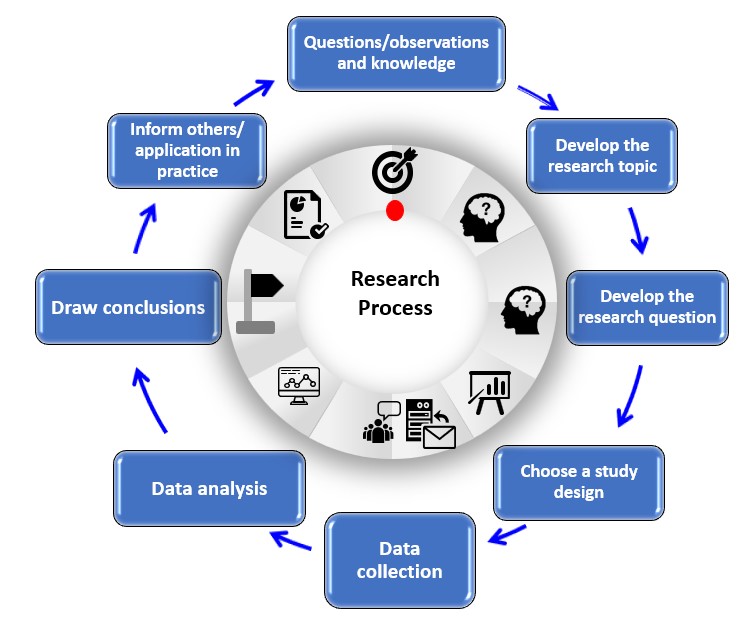Quantum computing, a paradigm shift in the realm of computation, tantalizes both researchers and technologists with its potential to revolutionize numerous fields. At its core, quantum computing leverages the principles of quantum mechanics to perform calculations significantly faster than classical computers. This unique approach has unleashed a plethora of research possibilities. Exploring these possibilities reveals a profound fascination with how quantum mechanics can reshape our understanding of computation, computation itself, and even reality.
First and foremost, the fundamental research into quantum algorithms occupies a prominent position among the research possibilities in this field. Quantum algorithms, such as Shor’s algorithm, which factors large numbers in polynomial time, and Grover’s algorithm, which searches unsorted databases quadratically faster than any classical counterpart, have generated immense excitement. Research is being conducted not only to prove the efficacy of existing quantum algorithms but also to discover novel algorithms that can exploit quantum mechanical properties for new tasks. These capabilities raise intriguing questions about the limits of computation and the efficiency of solving complex problems traditionally deemed infeasible.
Moreover, the design of quantum error correction protocols is an essential aspect of quantum computing research. Quantum systems are notoriously susceptible to decoherence and noise, which can undermine the accuracy of computations. Developing robust error correction mechanisms is crucial for building scalable quantum computers capable of practical applications. Researchers are investigating various approaches, including surface codes and topological quantum error correction, to safeguard quantum information against environmental disturbances. This line of inquiry underscores the delicate interplay between quantum mechanics and computation, revealing deeper insights into the nature of information itself.
Another captivating area of research is the exploration of quantum supremacy. Quantum supremacy refers to the ability of a quantum computer to solve a problem that is intractable for classical computers. This landmark achievement has profound implications for both theoretical and practical aspects of computer science. Researchers are engaged in identifying problems for which quantum computers can outperform classical machines, thereby establishing benchmarks for future advancements. Demonstrating quantum supremacy is not merely an academic exercise; it paves the way for concrete applications that may yield transformative technologies across numerous sectors.
Intimately connected to quantum supremacy is the burgeoning field of quantum machine learning. This area seeks to harness the computational power of quantum systems to enhance machine learning algorithms. Quantum machine learning has the potential to revolutionize data analysis, pattern recognition, and predictive modeling by leveraging the capabilities of quantum processors, which can process vast datasets with ease. Ongoing research aims to understand how quantum phenomena, such as superposition and entanglement, can be utilized to outperform classical machine learning techniques. This fusion of quantum computing and artificial intelligence not only extends the boundaries of computation but also introduces novel ways to conceptualize and analyze complex datasets.
Quantum cryptography stands as another pivotal research avenue, aimed at creating secure communication channels using quantum principles. Quantum key distribution (QKD) exploits the peculiar characteristics of quantum mechanics to ensure that any attempt to eavesdrop will disrupt the transmission, thereby alerting the communicating parties. As concerns about data privacy and security escalate, the quest for unhackable communication networks grows increasingly urgent. Researchers are exploring various QKD protocols and their practical implementation, seeking to establish secure systems that can be integrated into existing communication infrastructures while maintaining optimal efficiency.
The interdisciplinary nature of quantum computing research invites contributions from diverse fields such as chemistry, materials science, and complex systems. Quantum simulation emerges as a compelling application that enables researchers to model and study complex quantum systems that are otherwise intractable on classical computers. For example, simulating chemical reactions and materials at the quantum level can yield unprecedented insights into molecular behavior, potentially fostering breakthroughs in drug discovery and material design. This convergence of quantum computing and scientific inquiry exemplifies its far-reaching implications beyond traditional computation.
Furthermore, the investigation of quantum hardware and architectures constitutes a crucial dimension of research. Various physical realizations of quantum bits (qubits), such as superconducting circuits, trapped ions, and topological qubits, are being explored to ascertain the most effective platforms for implementing quantum algorithms. The quest for scalable and reliable quantum hardware emphasizes the importance of materials research, fabrication techniques, and integration strategies. Hence, the synergy between hardware innovation and algorithm development is paramount for realizing the full potential of quantum computing.
In addition to these technical pursuits, the ethical and philosophical implications of quantum computing warrant serious contemplation. As quantum technologies mature, it becomes crucial to consider their impact on society, encompassing issues of privacy, security, and access to advanced computing capabilities. Ensuring equitable distribution of quantum computing resources and fostering responsible development practices is vital for maximizing its benefits while minimizing potential risks. Scholars are advocating for a multidisciplinary approach that incorporates ethics, public policy, and governance into the discourse surrounding quantum technologies.
In conclusion, the myriad research possibilities in quantum computing illuminate the profound intersections between physics, computer science, and various other disciplines. From quantum algorithms to error correction, from quantum supremacy to machine learning, and from cryptography to hardware development, the journey into the quantum realm reveals not only the transformation of computation but also a deeper understanding of the universe. As researchers continue to probe the enigmatic world of quantum mechanics, the implications of their work may very well redefine our approach to computation and ultimately reshape our reality.












